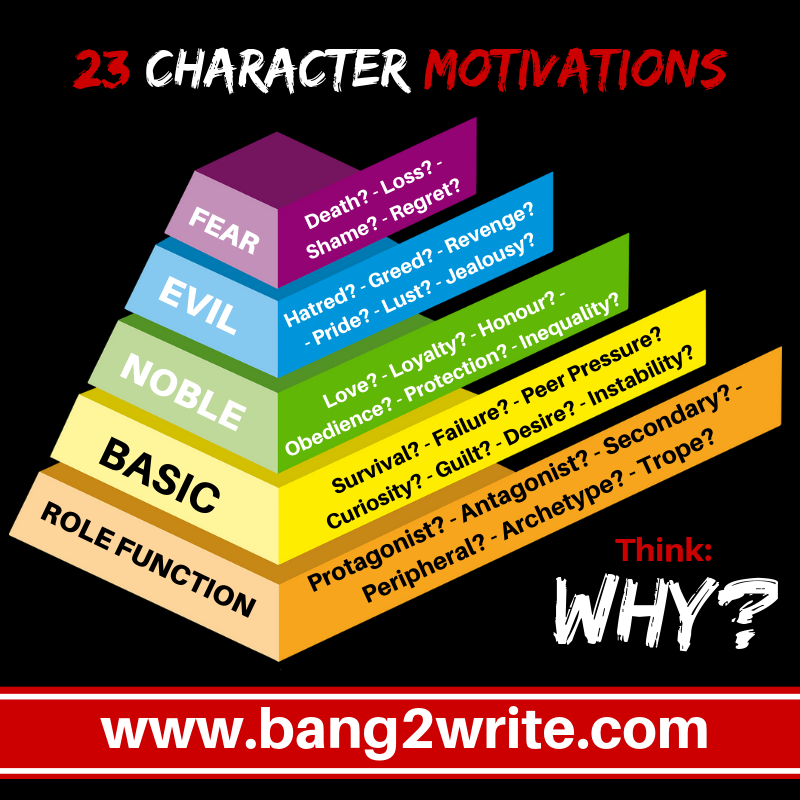 This past spring I attended the New York City Pitch Conference and pitched my memoir to four editors and agents. I successfully got the interest of one editor from St. Martin’s Press, and he requested the manuscript. He loved the writing, but said that memoir is hard to sell right now. It has to be either really unusual or really universal. I guess mine is somewhere in between. I may shelve it for a while until trends change. Or rewrite it as fiction.
This past spring I attended the New York City Pitch Conference and pitched my memoir to four editors and agents. I successfully got the interest of one editor from St. Martin’s Press, and he requested the manuscript. He loved the writing, but said that memoir is hard to sell right now. It has to be either really unusual or really universal. I guess mine is somewhere in between. I may shelve it for a while until trends change. Or rewrite it as fiction.
Currently I’m eleven chapters into a new novel, tentatively titled Gunbarrel Hill. I took the first 20 pages to the Antioch Writer’s Workshop this month and had a great, week-long experience. I learned many things, but especially discovered I need to make sure my main character’s motivation is clear, from the beginning of the story. Motivation = what the protagonist wants/needs, and the stakes have to be fairly high if he doesn’t get it. Once I determined what that was (my protagonist wants connection with other people) and determined how it may change as the story moves on (he will probably decide he needs to give up some connections to live an authentic life), it will drive the character’s behavior and be the engine of the plot. It will also influence many of the metaphors! That was a real eye opener.

